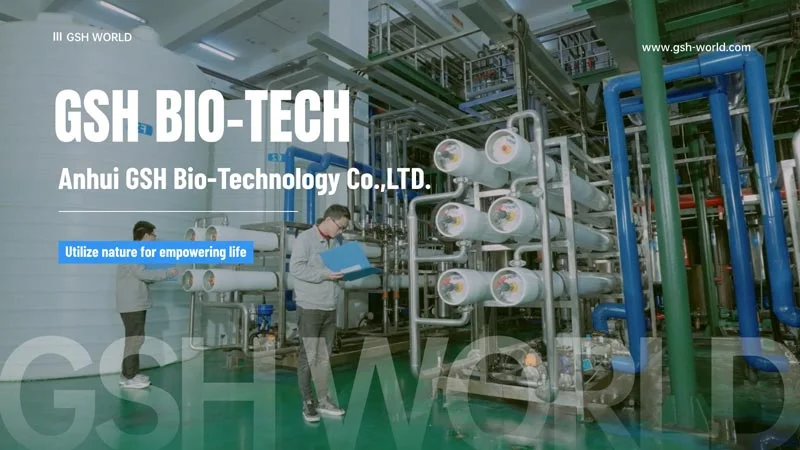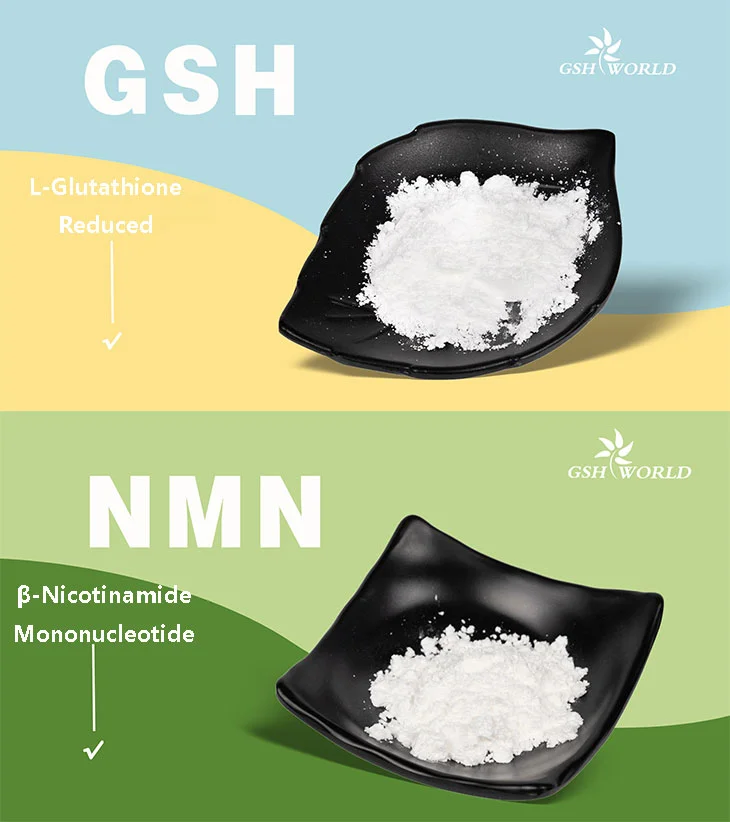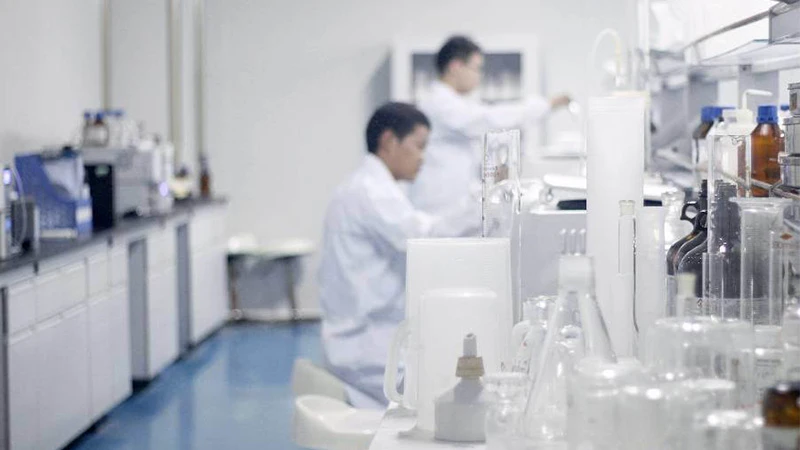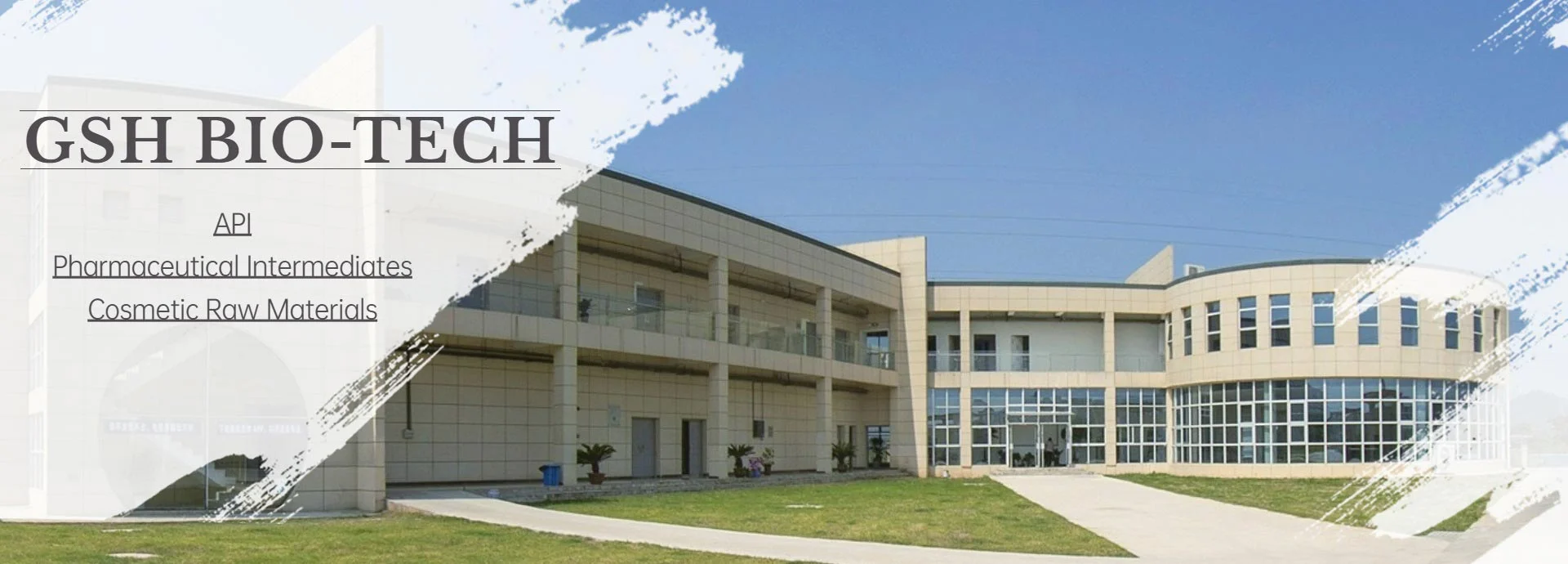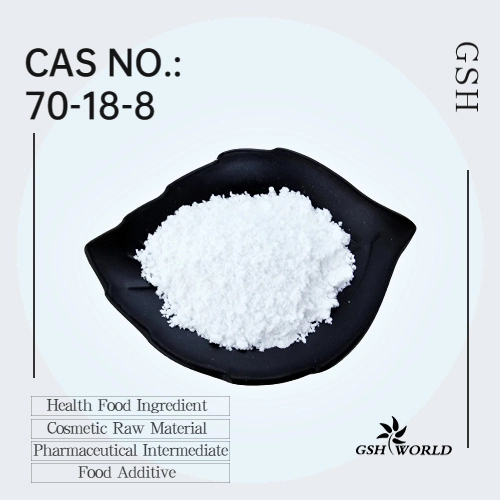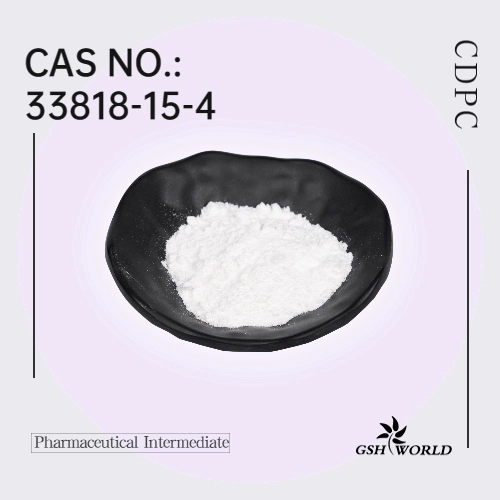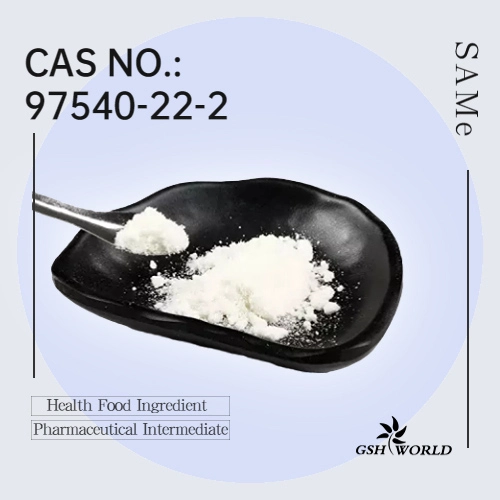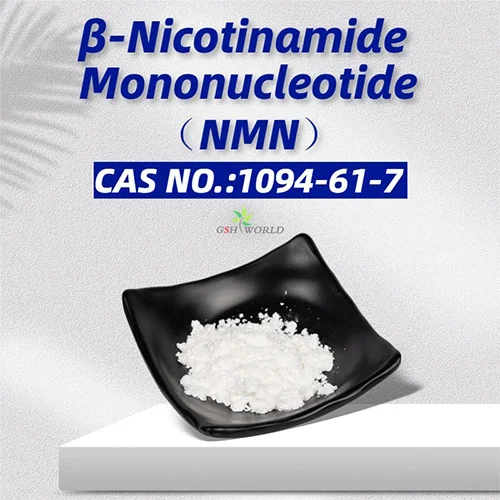Antioxidant Supplements Affect Adipose Tissue
Adipose tissue is not simply an energy storage depot, but an endocrine organ involved in metabolic regulation. When excessive nutrient intake and a sedentary lifestyle lead to excessive fat accumulation, adipocytes release large amounts of pro-inflammatory cytokines (such as IL-6 and TNF-α) and reactive oxygen species (ROS), triggering oxidative stress, which in turn exacerbates obesity and metabolic disorders (such as insulin resistance and fatty liver). Antioxidant supplements have become a research hotspot for improving obesity because they can neutralize ROS and regulate adipose tissue function.
Antioxidant supplements affect adipose tissue through multiple mechanisms
On the one hand, they can enhance the activity of endogenous antioxidant systems. For example, vitamin C can increase the expression of manganese superoxide dismutase (MnSOD), copper zinc superoxide dismutase (CuZnSOD), and catalase (CAT) in adipose tissue, enhancing ROS scavenging capacity. On the other hand, some supplements can directly inhibit inflammatory responses in adipose tissue. For example, rice bran enzyme extract can reduce the excessive production of inflammatory factors such as IL-6 and TNF-α in abdominal fat, thereby reducing adipocyte size.

Different antioxidant supplements have varying effects on fat
Chestnut extract can reduce serum cholesterol and fat deposition in mice; Polygonum aviculare L. extract can reduce fat mass, serum triglycerides, and leptin levels in mice fed a high-fat diet; and vitamin E can improve fibrosis and oxidative stress in visceral fat in mice, enhancing adipocyte storage capacity and proliferation activity. However, there are exceptions: quercetin had no significant effect on fat mass and body weight in rats, and butylated hydroxytoluene (BHT) did not alter α-tocopherol concentrations in abdominal fat. These differences may be related to factors such as experimental duration, animal strain, sex, and age.

Fat Tissue-Affecting Supplements
Brown adipose tissue (BAT), rich in mitochondria, is prone to generating ROS during thermogenesis. Antioxidant supplements may modulate its thermogenic efficiency by protecting mitochondrial function. Lipolysis in white adipose tissue (WAT) is affected by ROS, and supplements may affect lipolysis by regulating enzymes involved in lipolysis, such as hormone-sensitive lipase.
Current studies are mostly based on animal models, and it remains unclear whether human adipose tissue responds consistently to supplements. More human clinical trials are needed in the future to explore the optimal doses, applicable populations, and long-term effects of different supplements to clarify their actual value in obesity management.
References: Taherkhani S, Suzuki K, Ruhee R T. A brief overview of oxidative stress in adipose tissue with a therapeutic approach to taking antioxidant supplements[J]. Antioxidants, 2021, 10(4): 594.
Previous: Weight Management and Dietary Supplements
Next: Potential Roles of Nutritional Supplements in Skin Health and Anti-Aging
by GSHWORLD
GSH Bio Tech is China Biological API Manufacturer. China Glutathione Supplements powder suppliers & best Glutathione benefits raw material Factory.

